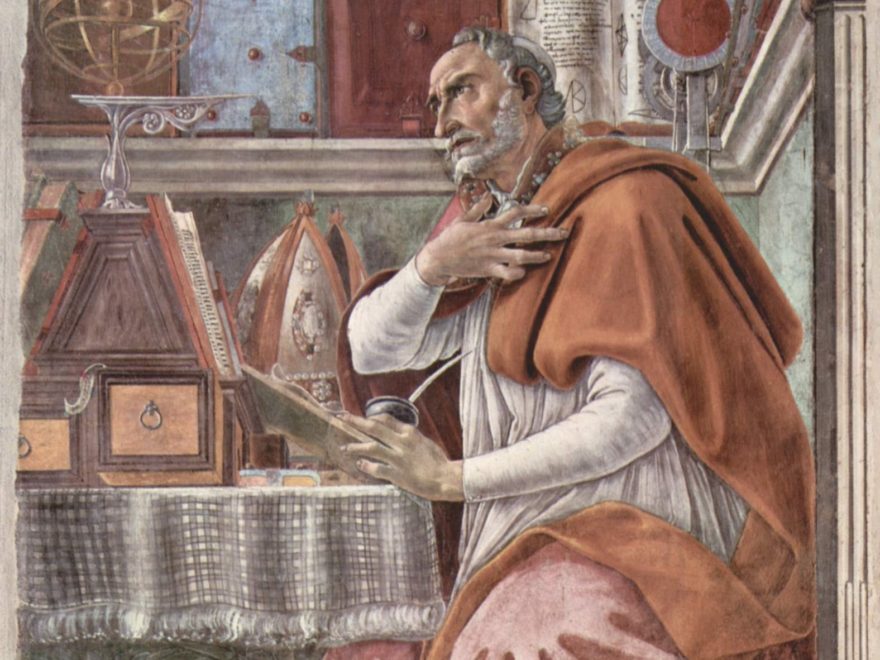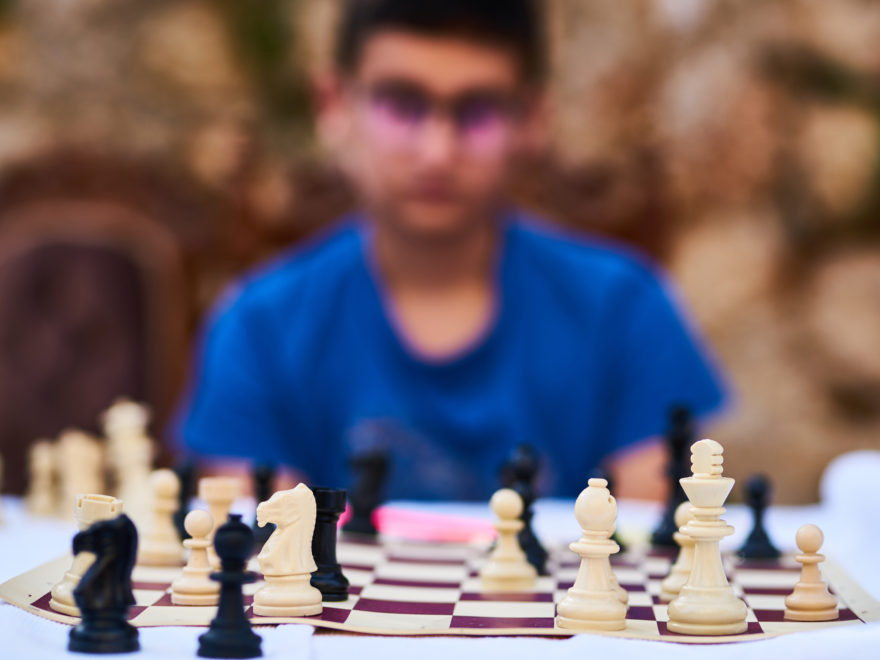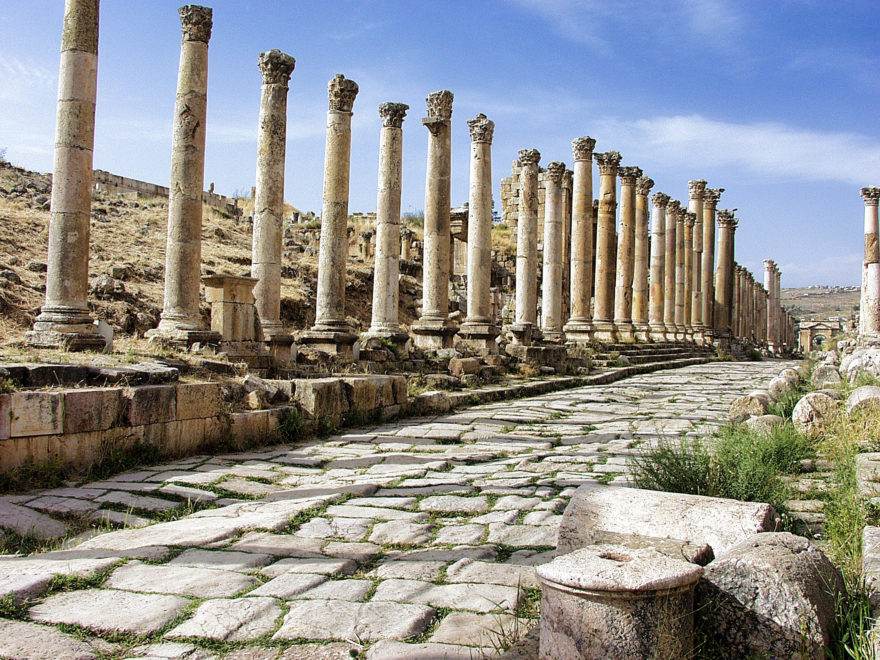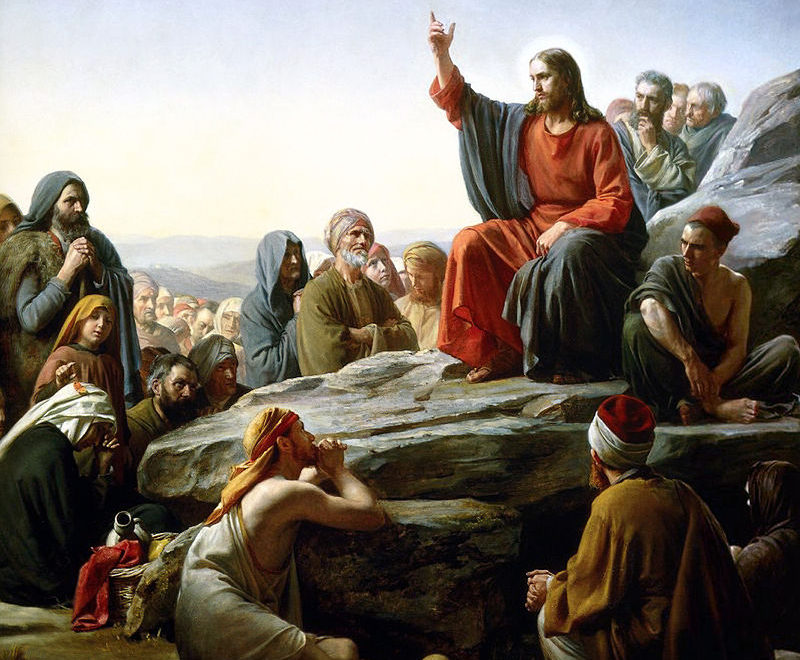Category: Reviews
-

The Personhood of the Child: Book Review of Deani Van Pelt and Jen Spencer’s Students as Persons
In this series, I want to review and highlight the Charlotte Mason Centenary Series of monographs released in 2023. The 18 books in this series are brief and readable volumes that encapsulate a diverse range of topics related to the life, writings and philosophy of Charlotte Mason. My intention is to select a few of…
-

The Study of Nature: Book Review of Lois Mansfield’s Field Notebooks and Natural History Journals
In this series, I want to review and highlight the Charlotte Mason Centenary Series of monographs released in 2023. The 18 books in this series are brief and readable volumes that encapsulate a diverse range of topics related to the life, writings and philosophy of Charlotte Mason. My intention is to select a few of…
-

The Great Recognition: Book Review of Deani Van Pelt and Camille Malucci’s Charlotte Mason’s Great Recognition
In this series, I want to review and highlight the Charlotte Mason Centenary Series of monographs released in 2023. The 18 books in this series are brief and readable volumes that encapsulate a diverse range of topics related to the life, writings and philosophy of Charlotte Mason. My intention is to select a few of…
-

A Coherent and Holistic Education: Book Review of Elaine Cooper’s The Powerful and Neglected Voice of Charlotte Mason
In this series, I want to review and highlight the Charlotte Mason Centenary Series of monographs released in 2023. The 18 books in this series are brief and readable volumes that encapsulate a diverse range of topics related to the life, writings and philosophy of Charlotte Mason. My intention is to select a few of…
-

Christianity, a Superior Philosophy: Book Review of Jonathan T. Pennington’s Jesus the Great Philosopher, Part 2
In the previous article in this two-part review of Jonathan Pennington’s book Jesus the Great Philosopher, I spelled out the first two sections of his book dealing with the ancient philosophers (chapters 1 and 2) and then the Old and New Testaments (chapters 3 and 4). Here I will dive into the final three sections…
-

Three People You Should Listen to in 2021
As 2020 wraps up there is much to be grateful for in the midst of one of the most difficult years we’ve experienced as a society. Today is Boxing Day, which is a great day for gift giving, reflection on the year past and perspective on the year ahead. (When I lived in the UK,…
-

The Art of Learning: Four Principles from Josh Waitzkin’s Book
My mother-in-law feeds my addiction to books. For over a decade she has worked at a used bookstore, and often shows up at family events with a stack of books for me to add to my personal library. She now also supplies my friends and my school. Jason was recently the beneficiary of her generosity,…
-

Review of Recovering the Lost Tools of Learning by Douglas Wilson
Most people in the classical Christian school movement look upon Dorothy Sayer’s 1947 essay “The Lost Tools of Learning” as something of a founding document. However, the movement as it currently exists in North America stems from the implementation of that essay in the late 1980s, and is best represented in Douglas Wilson’s Recovering the…


